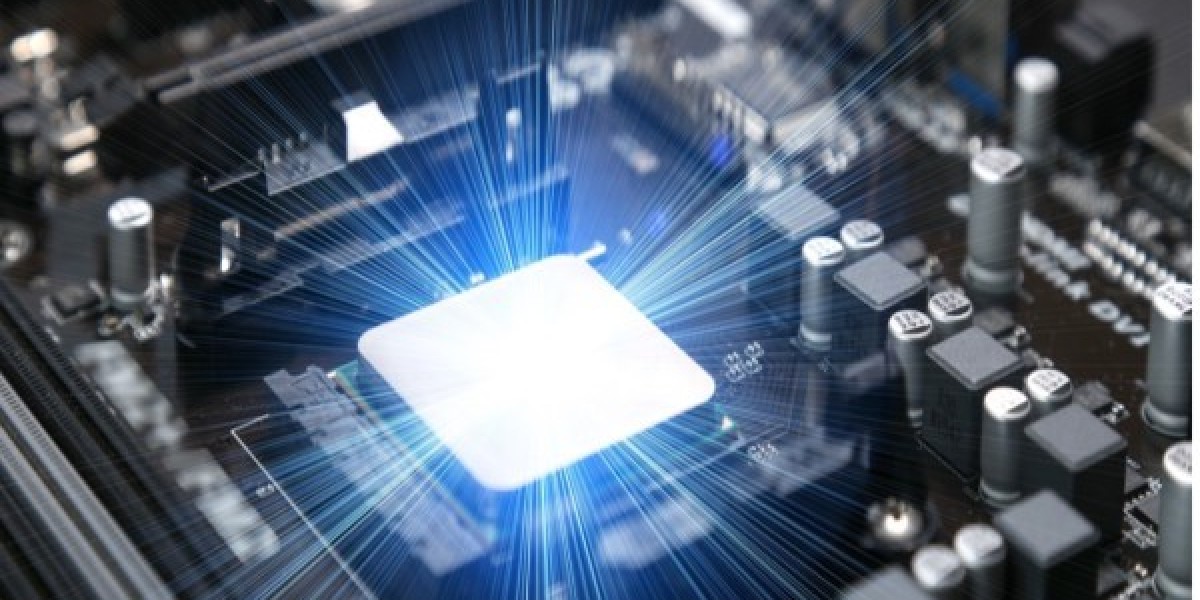Embedded systems are specialized computer systems designed to perform dedicated functions within larger mechanical or electrical systems. Unlike general-purpose computers like laptops and desktop PCs, embedded systems are designed to operate on specific tasks and are not easily reprogrammable for other uses.
Embedded System Hardware
At the core of any embedded system is a microcontroller or microprocessor chip that acts as the processing brain. This chip contains the CPU along with RAM, ROM, I/O ports and other components integrated onto a single chip. Peripherals like sensors, displays, network ports etc. are connected to the microcontroller through its input/output ports. Embedded systems also contain supporting hardware like power supply circuits, timing crystal oscillators etc.
Operating Systems for Embedded Devices
While general purpose computers run full featured operating systems like Windows, Linux or MacOS, embedded systems commonly use specialized Real Time Operating Systems (RTOS). RTOS are lean and efficient kernels optimized for real-time processing with minimal overhead. Popular RTOS include FreeRTOS, QNX, VxWorks etc. Some simple devices run without an OS, accessing hardware directly via initialization code.
Programming Embedded Systems
Embedded Computing System are programmed using low level languages like C and C++ for maximum efficiency and control over hardware. Assembler language is also used in some applications. Programmers need expertise in Microcontroller architecture, peripherals, memory management etc. Tools include compilers, linkers, simulators and debuggers tailored for embedded development.
Applications of Embedded Computing
Embedded systems have revolutionized various industries by bringing intelligence and connectivity to everyday devices. Some key application areas include:
Industrial Equipment - Embedded controllers are central to modern automated manufacturing from robotics to process monitoring.
Automobiles - From engine control units to advanced driver-assistance, modern cars cannot function without dozens of embedded modules.
Home Appliances - Devices like smart refrigerators, washing machines contain microcontrollers to manage functions digitally.
Networking Devices - Consumer routers, switches, firewalls etc. all contain embedded Linux software.
Medical Devices - Implanted medical devices like pacemakers as well as patient monitoring systems rely on embedded hardware.
consumer electronics like smart TVs, cameras depend heavily on embedded subsystems for functionality.
Future of Embedded Systems
With ever-increasing adoption of IoT and cyber-physical systems, the role of embedded devices is expanding rapidly. Some emerging trends driving growth include:
Edge Computing - Embedded chips will power more IoT edge devices to handle local analytics & control without cloud reliance.
Artificial Intelligence - Embedded AI is emerging in applications like predictive maintenance, computer vision, voice recognition etc.
Connectivity - Future devices will increasingly integrate various wireless technologies like WiFi, Bluetooth, LTE/5G for cloud interaction.
Green Computing - Low power designs optimized for energy efficiency will enable larger battery-powered embedded devices.
Cyber Security Challenges
As embedded devices proliferate in safety critical infrastructure, ensuring security of networked embedded systems is a major challenge. Attack surfaces are increasing due to more wireless interfaces and clou connectivity in devices not originally designed with robust security in mind. Developers must adopt a "security by design" approach to minimize vulnerabilities.
Embedded computing underpins critical infrastructure and technologies across industries. As IoT takes off, the role of small intelligent devices will continue rising. Developers must ensure reliable & secure operation of embedded systems through meticulous testing and design practices. With innovation in low power chip design and wireless technologies, embedded computing will remain central to technological progress going forward.
Get more insights on Embedded Computing
Unlock More Insights—Explore the Report in the Language You Prefer
Alice Mutum is a seasoned senior content editor at Coherent Market Insights, leveraging extensive expertise gained from her previous role as a content writer. With seven years in content development, Alice masterfully employs SEO best practices and cutting-edge digital marketing strategies to craft high-ranking, impactful content. As an editor, she meticulously ensures flawless grammar and punctuation, precise data accuracy, and perfect alignment with audience needs in every research report. Alice's dedication to excellence and her strategic approach to content make her an invaluable asset in the world of market insights.
(LinkedIn: www.linkedin.com/in/alice-mutum-3b247b137 )



